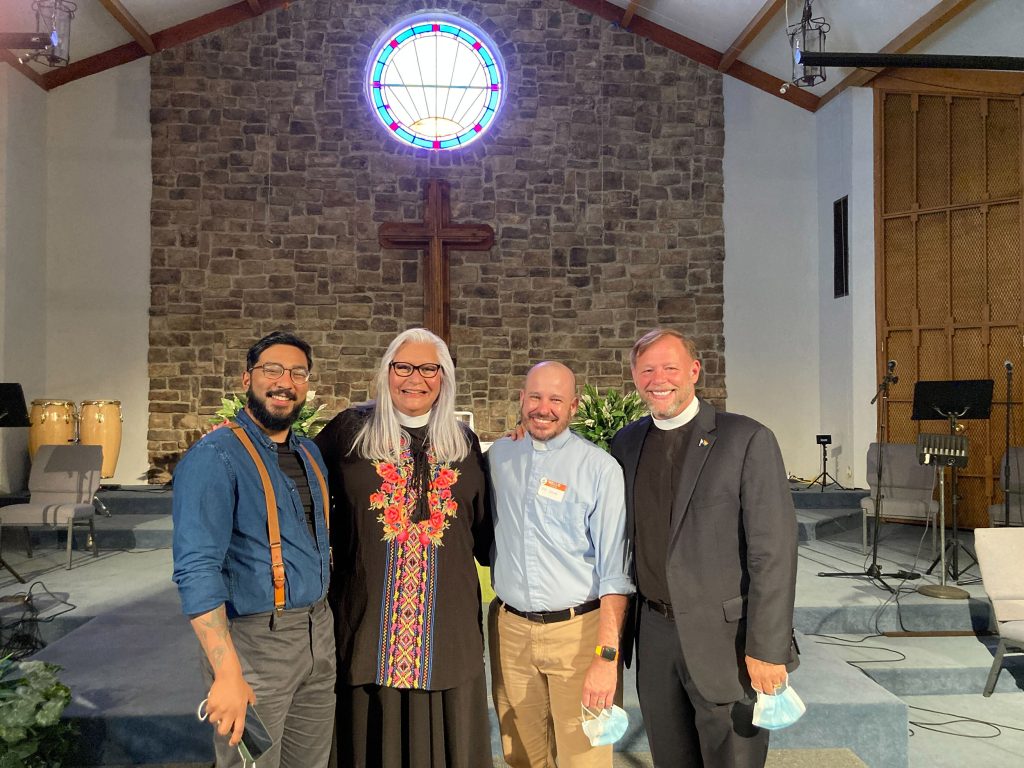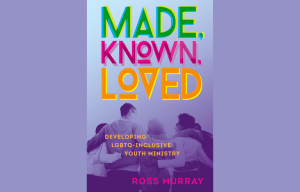We provide resources and support to our constituents who affirm the need for equity for all LGBTQ people as an inherent value of their faith or secular beliefs. This work emphasizes re-shaping the faith narrative in the media and in public spaces by underscoring that LGBTQ people exist as shapers of religious communities and influencers in our society.
Our Faith Work
Trans Seminarian Leadership Cohort
A year-long leadership training program popular among transgender, nonbinary, and gender non-conforming individuals pursuing formal careers in religious life.
Partners in Faith and Spirituality
We work with faith and
spiritual partners in an effort to provide resources and support to people of many faiths and spiritual traditions.
Shower of Stoles
A powerful undertaking that includes more than 1,200 liturgical stoles and other faith-based religious symbols of ministry donated by individuals involuntarily stripped of their ministerial responsibilities because of their sexual orientation or gender identity.


